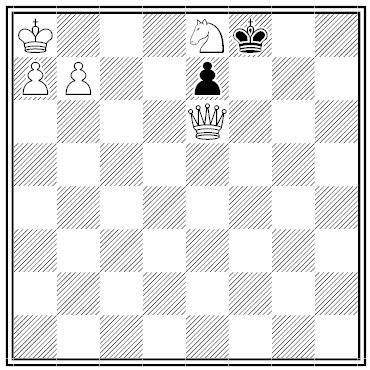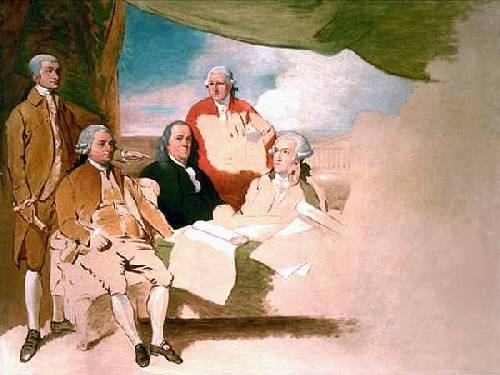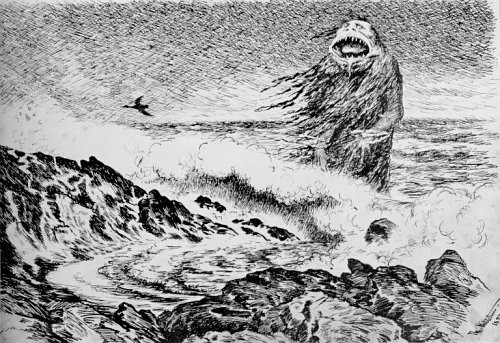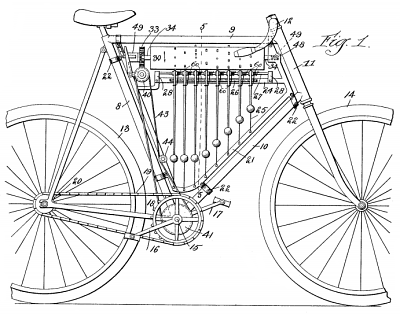
In 1874 John Thomas suggested a novel way to keep a locomotive’s smoke out of the passenger cars: a jointed pipe would carry the smoke the length of the train and release it harmlessly in its wake.
Smoke and sparks were a real danger on early railroads — in 1916 one Edson Hains filed a claim against the Wheeling & Lake Erie Railroad Company in Cuyahoga County, Ohio, for burning down his outhouse. The case is doubly memorable because Hains filed his pleading in verse:
Now comes the plaintiff, Edson Hains, and prays this august Court
To heed the very earnest plea, enshrined in this report.
The Wheeling & Lake Erie Co., a heartless corporation,
But licensed under certain laws of this fair State and Nation,
Did, by a spark through carelessness, from a locomotive owned
By the defendant in this Court, and by it not atoned,
Destroy and render Null and Void, a building situate
Upon the rear of premises, known as E. Hains Estate,
Which in the town of Bedford lies, a placid rural spot,
Until the conflagration, which spoiled the plaintiff’s lot.
The second of November last was the most woeful date
On which the said defendant did this outrage perpetrate.
Said building being plain but good, and open to all callers,
Was worth in money of the realm, the sum of fifty dollars.
Now, the aforesaid Hains will not cite Blackstone, Coke or Livy,
The incinerated building was, in vulgar terms, a privy.
The wealthy have from two to eight, but this case is more sad,
For like the poor man’s one ewe lamb, ’twas the only one he had.
And now in frigid winter’s time, before beginning labor,
He eke perforce must use the can of an obliging neighbor.
The plaintiff does still further state that he is an inventor,
And since the last catastrophe he has no place to center
His great inventive genius which, before in chaste seclusion
Of the before in mentioned can, did blossom in profusion.
True genius cannot be appraised, but plaintiff’s was so nifty
He thinks he should receive therefor at least one hundred fifty.
He therefore prays the Court to grant two hundred Iron Men,
That he may once more take his place midst Bedford’s upper ten,
And walk abroad midst citizens, and meet them man to man,
Which now he cannot rightly do, he being shy a can.
And so he prays that he may go from hence with compensation,
Commensurate with what he’s lost, through this his degradation.
And so he windeth up his prayer, and hopes the Court will grant
One fifty for his peace of mind, and fifty for the plant.
There’s a photostat of the pleading in John Allison Duncan’s Strangest Cases on Record (1940). Hains won — Judge William H. McGannon assessed the railroad $25 and costs.






